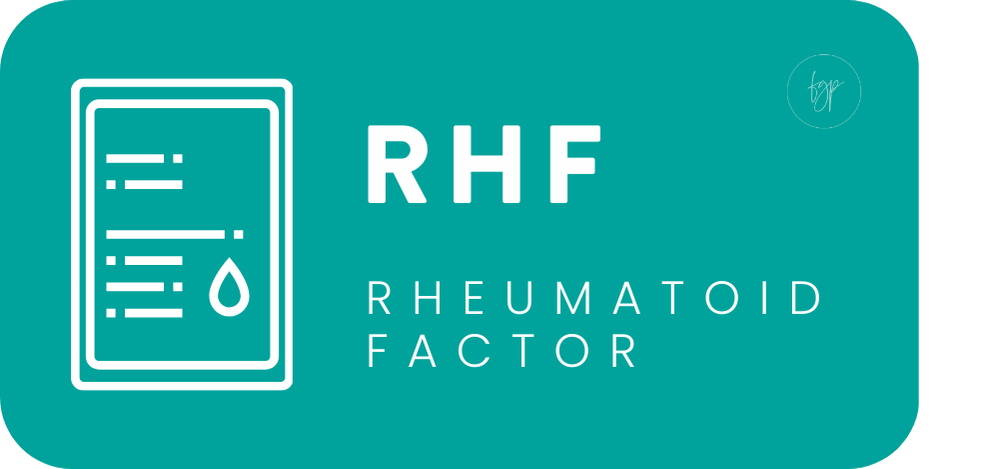What is going on?
Your lab tests

Rheumatoid Factor (RF)
Antibody linked to rheumatoid arthritis and autoimmune diseases.
Your result is raised
When Levels are High
Rheumatoid arthritis, chronic infections, autoimmune conditions.
Your result is low
When Levels are Low
Normal in healthy individuals: Generally, 5-10% of healthy individuals may have a low level of rheumatoid factor in their blood, but it's typically not high enough to suggest rheumatoid arthritis or another autoimmune condition.
A deeper dive
For those looking to delve deeper and gain a greater understanding of their results and their practical applications.
More about Rheumatoid Factor
When RhF is normal
Regarding the percentage of normal rheumatoid factor in patients with seronegative rheumatoid arthritis:
- In patients with seronegative rheumatoid arthritis, which is a subtype of rheumatoid arthritis (RA) where the RF is not detected, approximately 30-40% of people with rheumatoid arthritis can be seronegative for RF. This means their rheumatoid factor levels are within the normal range, even though they still have RA.
- The seronegative designation doesn’t mean the disease is less severe; it just refers to the absence of the rheumatoid factor in their blood test. Other markers, such as anti-CCP antibodies, are sometimes used in these cases to help diagnose rheumatoid arthritis.
It is not just about RhF
When diagnosing rheumatoid arthritis, RF is just one piece of the puzzle. The FBC, CRP, and ESR provide important clues about inflammation and overall disease activity. The clinical examination, including the patient's symptoms and joint involvement, is just as critical in making an accurate diagnosis. Even in seronegative RA, where RF is negative, these other markers and the clinical picture can still strongly suggest the condition.

